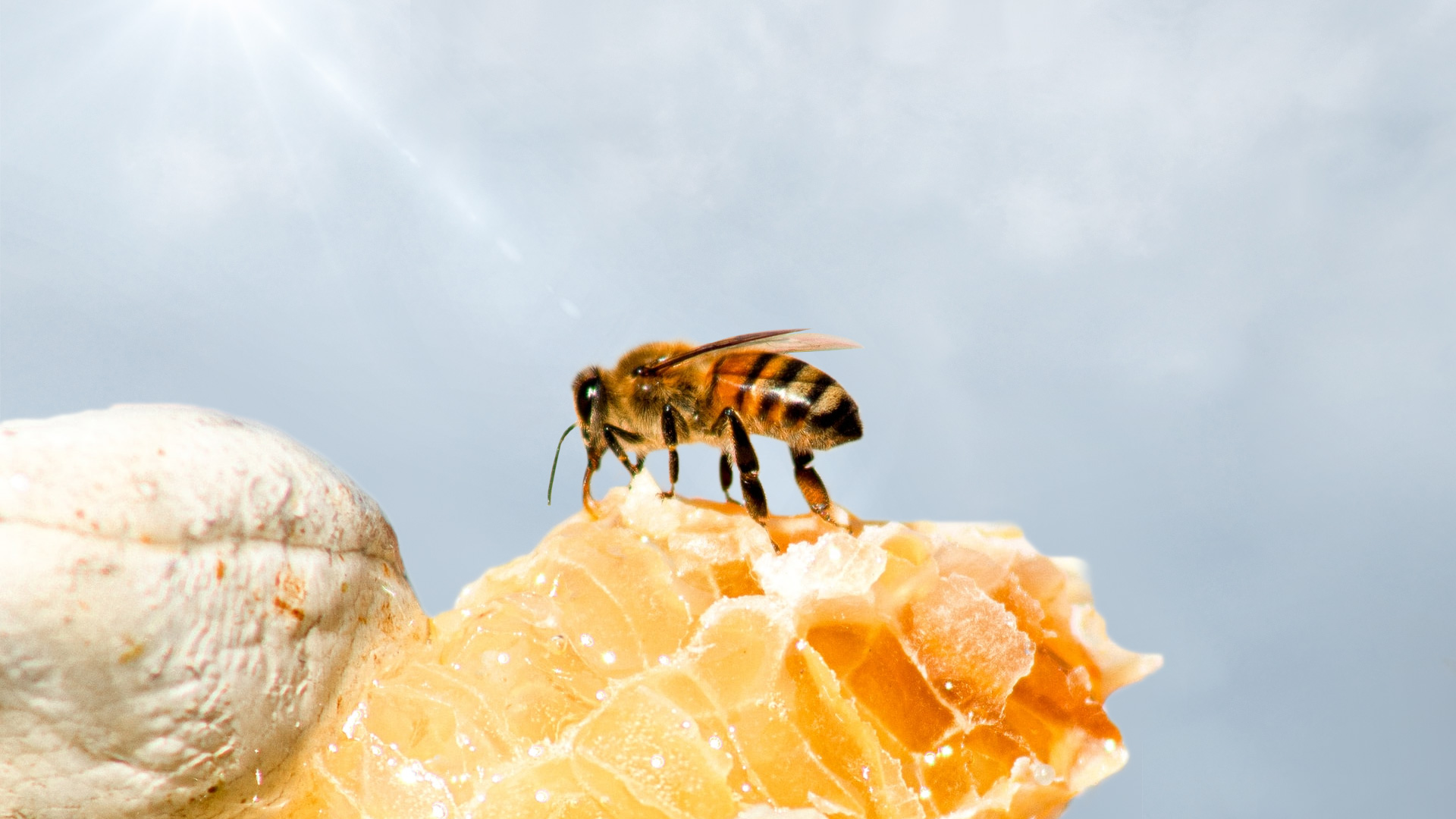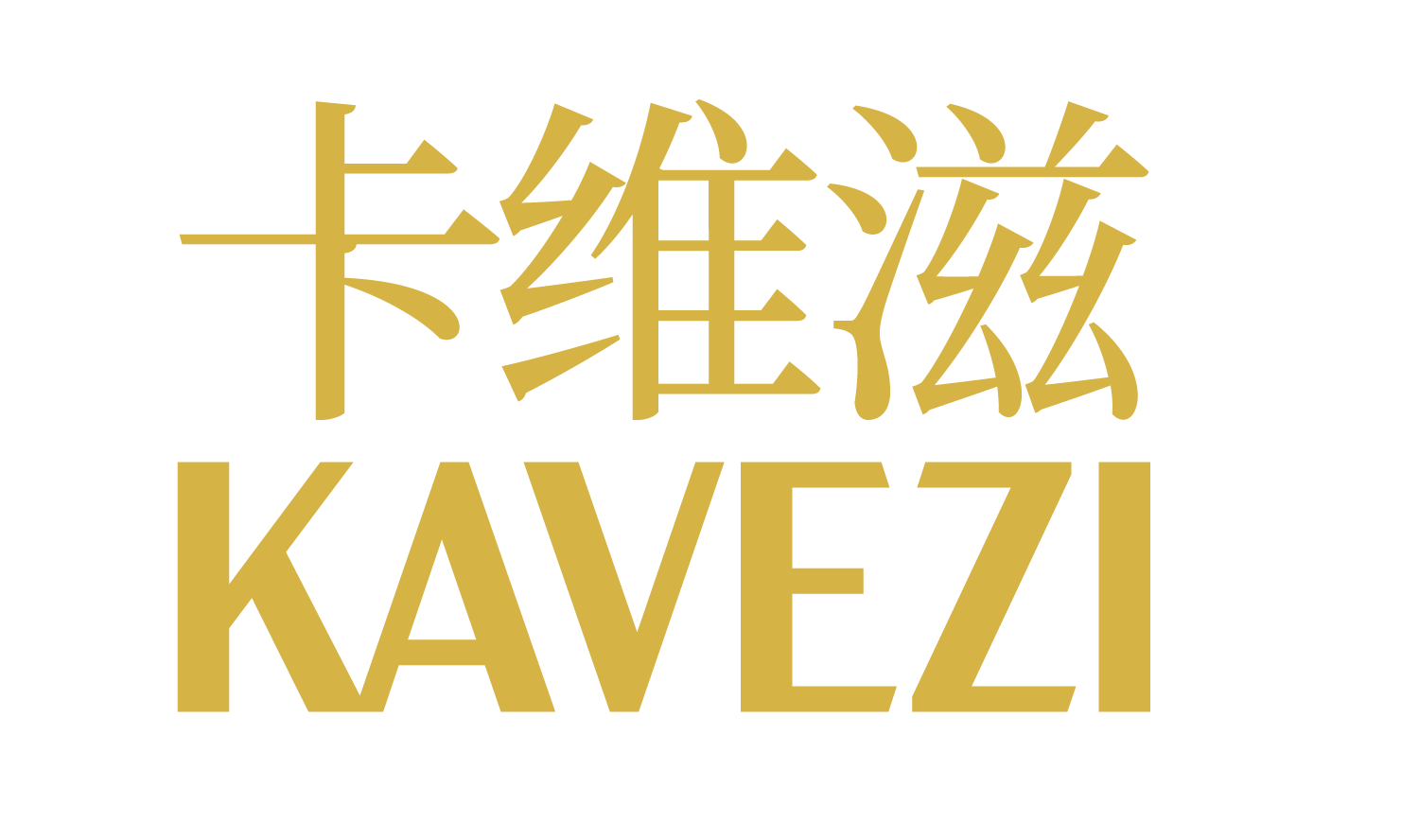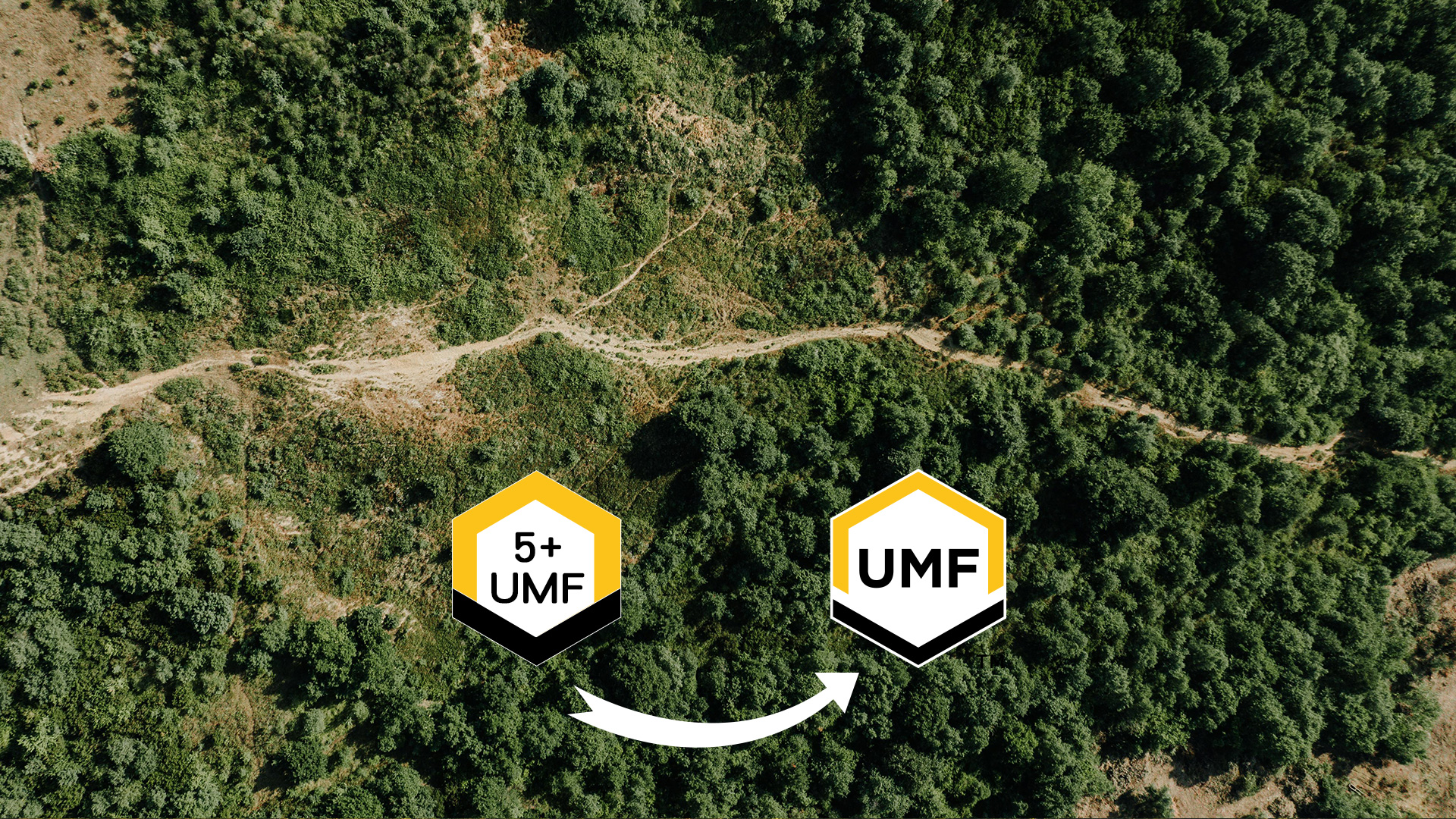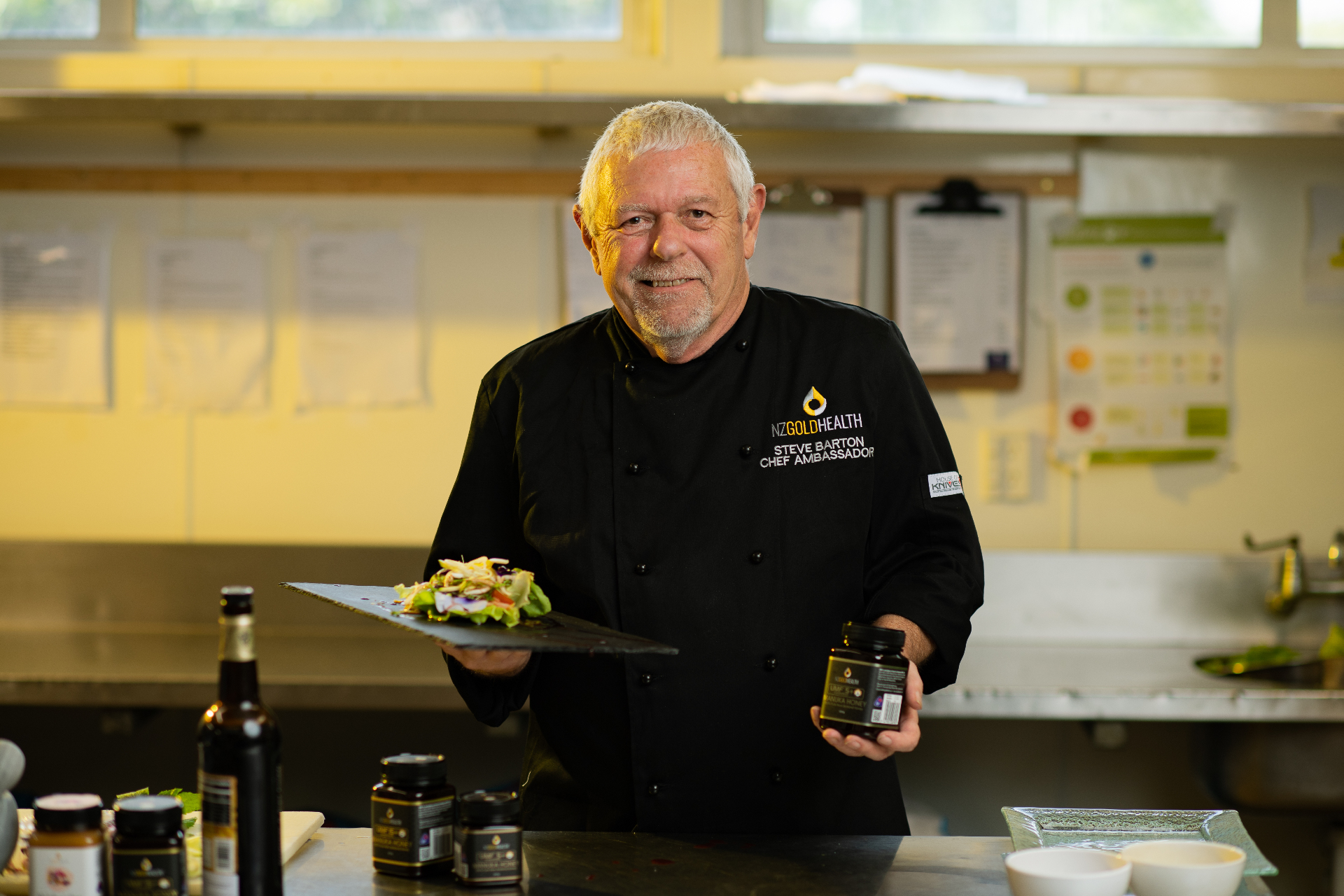Sweet Messengers: The Bee Engagement at Diocesan School for Girls in Auckland
I. Invited by the Brand, Embarking on a Wonderful Journey
Diocesan School for Girls extended an invitation to our KAVEZI brand. We brought beekeepers onto the campus to deliver an
exciting speech about bees to the students.
As soon as our brand team and beekeepers stepped onto the campus, we immediately sensed the strong academic atmosphere
and youthful vitality. The campus has a beautiful environment with complete facilities, providing excellent learning and living
conditions for the students.
Before the speech began, we carefully prepared abundant materials and vivid pictures to help the students better understand the
importance of bees in the ecosystem and the impact of human activities on their habitats.
During the speech, the beekeepers vividly described the living habits of bees, the process of honey collection, and their significant
role in crops, drawing on their own practical experiences. The students listened with great interest and frequently raised various
questions, actively interacting with the speakers.
Our brand also took this opportunity to howcase our advantages in beekeeping. We focus on ecological environmental protection
and adopt sustainable breeding methods to ensure the health and living environment of bees. Meanwhile, our honey is of excellent
quality, having undergone strict testing and screening to provide consumers with the purest natural honey.
After the speech, the students' interest in bees grew even stronger, and they all expressed their intention to pay more attention to
the ecological environment and protect these lovely little creatures. When distributing the honey, the students were extremely
excited and couldn't wait to taste the flavor of the honey. Looking at the smiles on the students' faces, we deeply felt the success
and significance of this speech.


II. The Ecological Importance of Bees
1. Indispensable Pollinators
Bees, as indispensable pollinators, play a crucial role in the ecosystem. Globally, approximately 75% of crops and 80% of wild plants
rely on pollinators like bees for pollination. During the process of collecting nectar and pollen, they transfer pollen from the male
parts of flowers to the female parts, promoting the reproduction and reproductive success of plants. For example, the pollination
of some fruits, vegetables, and nuts is inseparable from the hard work of bees. Although male bees do not directly participate in
honey collection and pollination work, by facilitating the mating of the queen bee, they ensure the continuation and expansion
of the bee population, thus guaranteeing the stability and diversity of plant pollination services.
2. Maintaining Ecological Balance
The pollination activities of bees are of great significance in maintaining ecological balance. On the one hand, the activities of bees
promote the growth and reproduction of plants, providing a rich food source for other animals and maintaining the integrity of the
food chain. On the other hand, the flight activities of bees also promote the spread of biodiversity. In the process of looking for
mating partners, male bees will cross different ecological areas, carrying and spreading pollen and microorganisms, enhancing the
stability and resilience of the ecosystem.
3. Promoting Biodiversity
The pollination activities of bees attract the presence of other insects and animals, forming a complex biological network and
maintaining biodiversity. Many wild plants rely on bee pollination for reproduction, and these plants in turn provide habitats and
food for other animals. Without the pollination function of bees, plant diversity will decrease, which will further affect the stability
of the entire ecosystem.
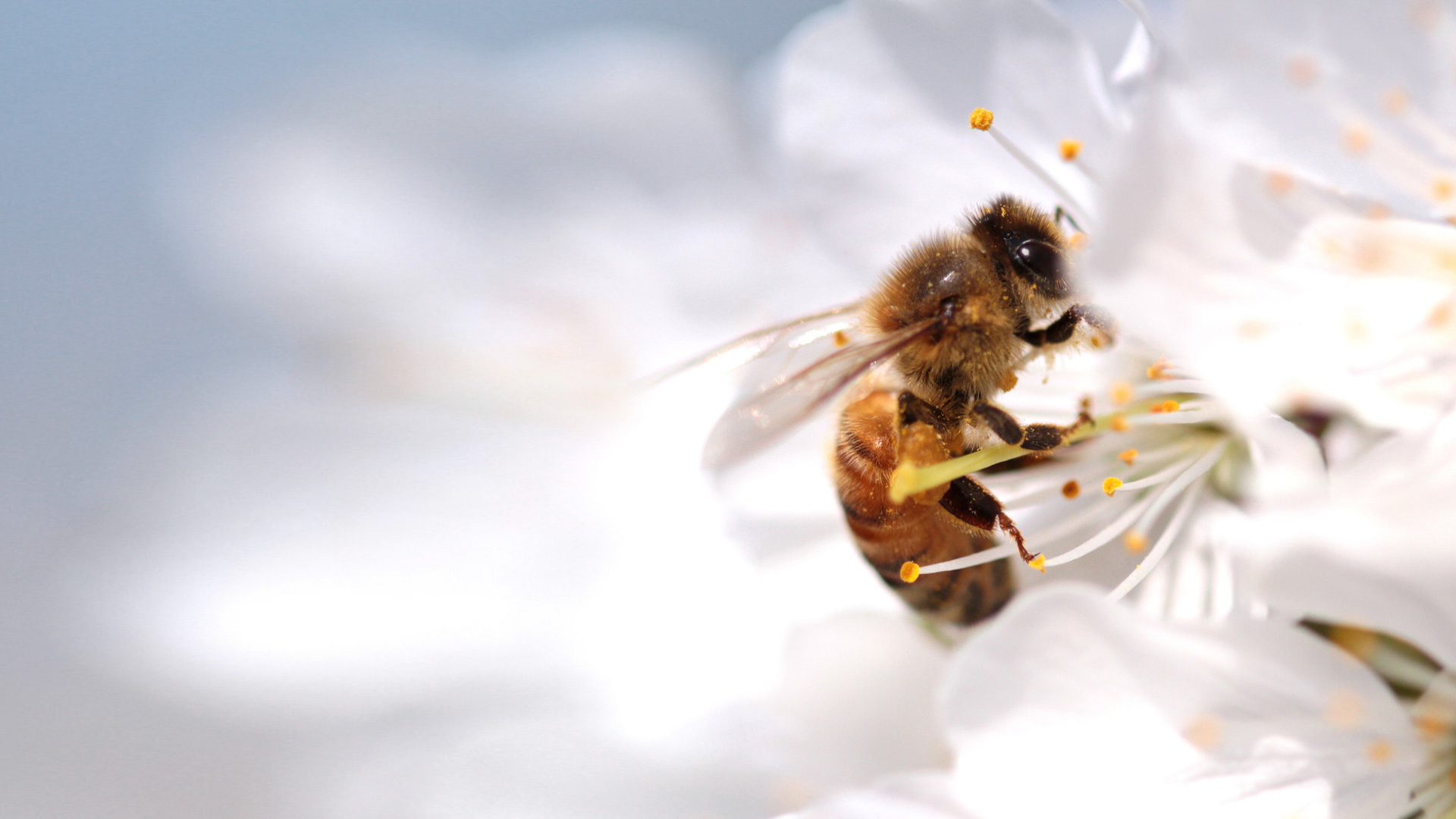
III. The Impact of Human Activities on Bee Habitats
1. Habitat Destruction
With the continuous progress of urbanization in human activities, high-rise buildings have sprung up, and the natural areas that
might have been bee habitats have been replaced by concrete and steel. Agricultural expansion has led to the reclamation of
large areas of land into farmland, and the single-crop cultivation has reduced the growth space of wild flowers and plants,
causing bees to lose their diverse foraging places. Deforestation has directly damaged the ecological environment on which
bees depend for survival, severely compressing their living space. Just as a study by Curtin University found, residential gardens
cannot replace native shrubs, and the growing urbanization poses an increasing threat to bees. If the bee and plant populations
in native shrubs are taken aback by urban development, they will be more likely to become extinct.
2. Pesticide Use
The widely used pesticides in modern agriculture pose a significant threat to bees. Many pesticides are toxic and can poison
larvae at all stages. Pesticides affect the brain development of bee larvae, causing learning disabilities and affecting their foraging
ability in adulthood. When bee larvae eat the pesticide-contaminated food brought back by worker bees, it will cause part of the
brain to grow slowly, resulting in a smaller and functionally impaired brain of adult bees. In addition, pesticides also affect the
navigation and reproductive abilities of bees. For example, the European Union reported that pesticides threaten the survival
f bees, and the European Food Safety Authority stated that three pesticides commonly used by European farmers pose
a "serious threat" to bees.
3. Climate Change
The temperature rise and extreme weather phenomena caused by climate change have affected the activity cycle and food
sources of bees. For example, the rise in temperature causes bees to "wake up too early" from hibernation, which may increase
the risk of asynchrony between wild bees and the plants on which they depend for survival. Meanwhile, this may mean that
bees lack the energy to effectively pollinate crops or may completely miss the flowering period of crops. The changes of the
four seasons have a great impact on bee colonies. For example, in midsummer, the sun is large, the temperature is high, and
the climate is sultry, which is a high-incidence period of pests and diseases, and the external nectar and pollen source plants
gradually decrease; while in winter, bees rest and recuperate, and the number of bees gradually decreases. Climate change
has a negative impact on the survival and reproduction of bees, which may lead to changes in bee habitats and the
misalignment of flowering periods, affecting the food supply and living conditions of bees.

IV. The Breeding Advantages of the Brand and Beekeepers
Brand Product Advantages
1. Natural and Pollution-free Breeding Environment
Our brand is well aware of the importance of a natural and pollution-free breeding environment for the quality of honey.
Our honey source area is in the primeval forests far away from human habitation in New Zealand, with an average altitude of
over 1,500 meters, providing a pure honey collection environment for bees. There is no industrial pollution here, and there is no
need to worry about pesticide residues. The place is full of the original natural atmosphere.
2. No Antibiotics Fed to Bees
Unlike some practices that may feed antibiotics to bees, our brand firmly refuses to use antibiotics to feed bees. The excessive
use of antibiotics will have a negative impact on bees, such as causing drug resistance and disrupting the balance of intestinal
microorganisms. We are committed to providing pure natural honey products and strictly abide by relevant regulations to ensure
that the honey on the market does not contain antibiotics.
3. No Pesticides Used on the Flowers Collected by Bees
To ensure the quality of honey, we do not use pesticides on the flowers collected by bees. Only when the environment where
bees collect nectar is not affected by chemical pesticides and pollutants can the honey be considered of high quality.
Our selection of honey source areas is extremely strict, ensuring that bees collect nectar and brew honey in a pollution-free
natural honey source environment.
4. More Experienced Professional Beekeepers
Our beekeeping team consists of a group of experts with decades of beekeeping experience. They have rich and professional
beekeeping experience and rationally arrange the reproduction and honey collection of bee colonies according to the seasons
and phenology. After the honey is mature, they manually cut the honeycombs, extract the honey by shaking, and fill the bottles,
with the whole process under supervision to ensure the safety and guarantee of the entire honey extraction process.
5. Advanced Honeycomb Management Traceability Process System
We have established a complete honeycomb management traceability process system. We control several key points in the chain,
such as honey source plants, honeycomb collection, transportation, processing, and sales. Each beekeeper records the beekeeping
and honey collection situation in detail throughout the year, recording data such as the change in the number of colonies, disease
prevention and treatment medications, feeding, honey collection time, and Baume degree of raw honey. Meanwhile, we adopt a
one-bottle-one-code traceability system. Consumers can learn about the batch of honey products by scanning the QR code and
can trace the honey source through the batch, truly realizing the informatization, rapidity, and transparency of product quality.
6. More Advanced Processing Production Line
We have an advanced processing production line. We use a pure physical filtration method to separate the honey raw pulp from
impurities, ensuring the activity of natural active enzymes. The unique emulsification technology not only improves the taste of
honey but also effectively prevents crystallization or granulation phenomena. The whole process traceability system directly traces
the source and origin of each bottle of honey, ensuring the true quality of the product. The constant temperature packaging
workshop effectively prevents the self-fermentation of honey and the downgrade of its quality.
7. Very Strict Production Management Process
Our brand holds itself to strict standards and has a very strict production management process. From the selection of raw materials
to the packaging of finished products, each step is subject to strict quality testing and passes through UMF, MGO, Carbon-4
detection standards, etc., comprehensively ensuring the quality and quality of honey products.

V. Successful Speech, Active Interaction among Students
During the speech, the enthusiasm and concentration of the students were impressive. They listened carefully to the explanations
about the importance of bees in the ecosystem and the impact of human activities on their habitats, and frequently raised their
hands to ask various questions. Some students inquired about the living habits of bees, such as how they divide their work and
cooperate; some students were concerned about how human activities specifically damage bee habitats; and some students
showed great interest in the breeding methods of the brand and beekeepers.
When distributing the honey, the excitement of the students was palpable. Everyone couldn't wait to taste the flavor of the honey
and experience this sweet gift from nature. Looking at the smiles on the students' faces, we deeply felt the success and significance
of this speech. This speech not only enabled the students to have a deeper understanding of bees but also opened a window for
them to pay attention to the ecological environment. Meanwhile, our brand and beekeepers also demonstrated our advantages in
beekeeping through this speech, winning the recognition and love of the students.

VI. Protecting Bees, Our Common Responsibility
Bees play a vital role in the ecosystem, and protecting bees is an inescapable responsibility for each of us. As Einstein once
predicted: When bees disappear from the earth, humans will survive on the earth for at most four years. Although the
accuracy of this prediction is still controversial, it is enough to reflect the importance of bees for human survival.
Protecting bees requires our joint efforts and the adoption of active measures to create a safer living environment for bees.
Let's join hands to protect this beautiful and magical creature and contribute to the sustainable development of the earth.
